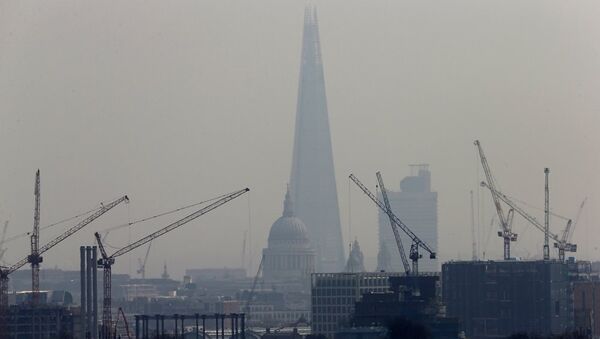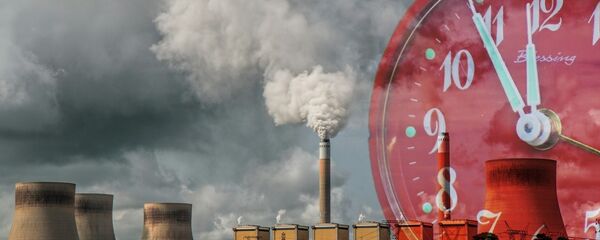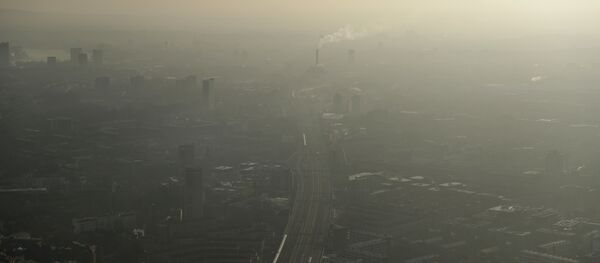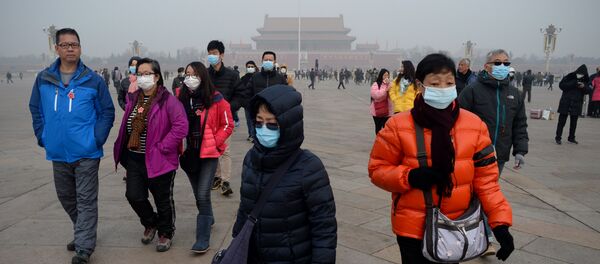"The air in London is lethal and I will not stand by and do nothing. Now I urge the Government to step up and match my ambition to transform the appalling air we breathe," Khan said in a statement.
"I want to announce my intention to consult on these proposals in good time so that business and those affected by new charges will have time to make changes they need to adapt to our low emission requirements."
The ULEZ will come into effect in April 2019. Small vehicles like cars, vans, and motorbikes will pay £12.50 ($15.62), whereas larger vehicles like cars, buses, and trucks will pay £100 ($124.97). These fees can be avoided by driving a low-emissions vehicle, which approximately means petrol cars made after 2006 and diesel cars after 2015.
Residents living in the ULEZ will be exempt from the tax until 2022. Police and emergency vehicles, however, are not exempt, and The Standard reports that over 1,600 vehicles will need to be replaced to satisfy the new standards.
Not everyone is pleased with the move. "It seems unbelievable that our emergency services are not exempt from this pollution tax, given their whole reason for driving in London is to save lives," said London Assembly member Shaun Bailey to BusinessCar. "The consultation responses I've uncovered show our emergency services are concerned. The mayor should immediately give them an exemption or at least provide some flexibility on their compliance."
"These services cannot and should not be hit with a financial burden stretching into the millions of pounds when their travel is so vital and their environmental impact so minimal."
City Hall says separate measures will be taken to curb emissions from black cabs, however. "Londoners will… be astounded that the Mayor has exempted black cabs from measures which apply to everyone else," said Uber London general manager Tom Elvidge to The Standard. "This is particularly surprising since Transport for London's own figures show black taxis are responsible for 18 percent of road transport nitrogen oxide emissions in central London."
Khan hopes that these deterrents will result in a 50 percent drop in the city's emissions. London already has a similar, but less strict measure, a "toxin tax" of £10 ($12.50) on pre-2006 diesel and petrol vehicles passing through central London in peak hours.
"But the scale of our air quality challenge is so big that I need to go further. I want to expand the ULEZ from 2020 for heavy vehicles such as buses, coaches and lorries so that all of London will benefit from cleaner air," said Khan.
"Then from 2021, I want to expand it up to the North and South Circular roads for light vehicles, including cars and vans. These measures will help improve the air that millions of Londoners breathe."
The Sunday Times claims that other UK cities intend to follow in London's carbon footsteps. More than 30 cities and towns throughout England already have a toxin tax, same as London.
According to the World Health Organization (WHO), London is the most polluted city in England, and the fourth most polluted one in the United Kingdom.
A 2015 study from King's College London linked 9,500 annual deaths in London to air pollution, and the WHO claims 3 million annual deaths are air pollution-related worldwide.






